A clogged kitchen sink can cause a major inconvenience in your daily routine. It can disrupt your dishwashing and cooking activities, and even lead to unpleasant odors in your kitchen. But what exactly causes a clogged kitchen sink? The most common culprits are food scraps, grease, and soap residue that builds up in the drain over time. Luckily, there are several solutions to unclog your sink and prevent future clogs.1. Clogged Kitchen Sink: Causes, Solutions, and Prevention
You may not realize it, but a clogged kitchen sink can actually have a direct impact on your dishwasher. This is because most dishwashers are connected to the same drainage system as your sink. When the sink is clogged, it can prevent water from flowing out of the dishwasher, causing it to back up and not drain properly. This can lead to dirty dishes and a malfunctioning dishwasher.2. How a Clogged Kitchen Sink Can Affect Your Dishwasher
There are a few tell-tale signs that your kitchen sink may be clogged. The first is slow draining water. If you notice that the water takes longer to drain than usual, it could be a sign that there is a blockage in the drain. You may also notice water pooling in your sink or a gurgling sound coming from the drain. These are all indicators that you may have a clog that needs to be addressed.3. Common Signs of a Clogged Kitchen Sink
If you have a clogged kitchen sink, there are a few methods you can try to unclog it. One option is to use a plunger to try and dislodge the blockage. Another is to pour a mixture of hot water, baking soda, and vinegar down the drain to break up the clog. If these methods don't work, you may need to use a plumbing snake or call a professional plumber. To prevent future clogs, make sure to avoid pouring grease and large food scraps down the drain and regularly clean the drain with baking soda and vinegar.4. How to Unclog a Kitchen Sink and Prevent Future Clogs
Have you noticed a foul odor coming from your dishwasher? This could be due to a clogged kitchen sink. When food scraps and grease build up in the drain, they can start to decompose and produce a strong odor. This odor can then transfer to your dishwasher through the shared drainage system. By regularly cleaning and unclogging your kitchen sink, you can eliminate this unpleasant smell in your dishwasher.5. The Connection Between a Clogged Sink and a Smelly Dishwasher
If you suspect that your dishwasher is being affected by a clogged kitchen sink, there are a few ways to confirm this. First, check if the water is draining properly from the dishwasher. If not, it could be a sign that the sink is clogged. You can also try running the dishwasher and see if the water backs up into the sink. If it does, then the clog is most likely causing the issue.6. How to Tell if Your Dishwasher is Affected by a Clogged Sink
Prevention is key when it comes to avoiding clogged kitchen sinks. Regularly cleaning your sink can help prevent food scraps and grease from building up and causing a clog. You can use a mixture of hot water, baking soda, and vinegar to clean the drain and keep it free from blockages. Additionally, make sure to regularly clean out your garbage disposal and avoid pouring large food scraps down the drain.7. The Importance of Regularly Cleaning Your Kitchen Sink to Avoid Clogs
If your dishwasher won't drain due to a clogged kitchen sink, there are a few steps you can take to fix the problem. First, try using a plunger to dislodge the blockage. If that doesn't work, you can try using a plumbing snake to manually remove the clog. If these methods don't work, it may be best to call a professional plumber to properly unclog the sink and get your dishwasher back to working order.8. How to Fix a Dishwasher That Won't Drain Due to a Clogged Sink
Garbage disposals can be a useful tool in preventing clogged kitchen sinks. They help grind up food scraps and make them easier to flush down the drain. However, it's important to note that not all food scraps can go in the disposal. Foods like grease, pasta, and starchy vegetables should still be disposed of in the trash to avoid clogging the sink.9. The Role of Garbage Disposals in Preventing Clogged Kitchen Sinks
To avoid a clogged kitchen sink while using your dishwasher, there are a few things you can do. First, make sure to scrape off large food scraps into the trash before rinsing dishes in the sink. This will prevent the larger scraps from clogging the drain. Additionally, avoid pouring grease and oils down the drain, as they can solidify and cause blockages. Finally, regularly clean and maintain your dishwasher and garbage disposal to prevent any potential clogs.10. How to Avoid Clogging Your Kitchen Sink While Using a Dishwasher
Understanding the Connection Between a Clogged Kitchen Sink and Your Dishwasher

What Causes a Clogged Kitchen Sink?
 A clogged kitchen sink is a common household issue that can cause a lot of inconvenience and frustration. It occurs when food particles, grease, and other debris get caught in the drain and block the water from flowing freely. This problem can be caused by a variety of factors, including improper disposal of food waste, accumulation of grease and oils, and the buildup of soap scum and mineral deposits.
A clogged kitchen sink is a common household issue that can cause a lot of inconvenience and frustration. It occurs when food particles, grease, and other debris get caught in the drain and block the water from flowing freely. This problem can be caused by a variety of factors, including improper disposal of food waste, accumulation of grease and oils, and the buildup of soap scum and mineral deposits.
How Does a Clogged Kitchen Sink Affect Your Dishwasher?
 You might be wondering, how does a clogged kitchen sink have any impact on your dishwasher? Well, the answer is simple - both of these appliances are connected to the same drain pipe. When your kitchen sink is clogged, it can restrict the flow of water in the drain pipe, leading to a backup of water. This, in turn, can affect the functioning of your dishwasher, causing it to drain slowly or not at all.
You might be wondering, how does a clogged kitchen sink have any impact on your dishwasher? Well, the answer is simple - both of these appliances are connected to the same drain pipe. When your kitchen sink is clogged, it can restrict the flow of water in the drain pipe, leading to a backup of water. This, in turn, can affect the functioning of your dishwasher, causing it to drain slowly or not at all.
Signs of a Clogged Kitchen Sink
 If you're unsure whether your kitchen sink is clogged, here are some signs to look out for:
- Water draining slowly or not at all
- Unpleasant odors coming from the sink
- Gurgling noises coming from the drain
- Water backing up into the sink or dishwasher
- Multiple drains in the house clogging at the same time
If you notice any of these signs, it's important to take immediate action to unclog your kitchen sink to prevent any further damage to your dishwasher and other plumbing fixtures.
If you're unsure whether your kitchen sink is clogged, here are some signs to look out for:
- Water draining slowly or not at all
- Unpleasant odors coming from the sink
- Gurgling noises coming from the drain
- Water backing up into the sink or dishwasher
- Multiple drains in the house clogging at the same time
If you notice any of these signs, it's important to take immediate action to unclog your kitchen sink to prevent any further damage to your dishwasher and other plumbing fixtures.
Preventing Clogged Kitchen Sinks
 The best way to deal with a clogged kitchen sink is to prevent it from happening in the first place. Here are some tips to keep your kitchen sink free from clogs:
- Avoid pouring grease and oils down the drain
- Use a strainer to catch food particles and dispose of them in the garbage
- Run hot water down the drain after each use to prevent buildup
- Regularly clean your garbage disposal with a mixture of baking soda and vinegar
- Avoid putting fibrous or starchy foods down the garbage disposal
The best way to deal with a clogged kitchen sink is to prevent it from happening in the first place. Here are some tips to keep your kitchen sink free from clogs:
- Avoid pouring grease and oils down the drain
- Use a strainer to catch food particles and dispose of them in the garbage
- Run hot water down the drain after each use to prevent buildup
- Regularly clean your garbage disposal with a mixture of baking soda and vinegar
- Avoid putting fibrous or starchy foods down the garbage disposal
In Conclusion
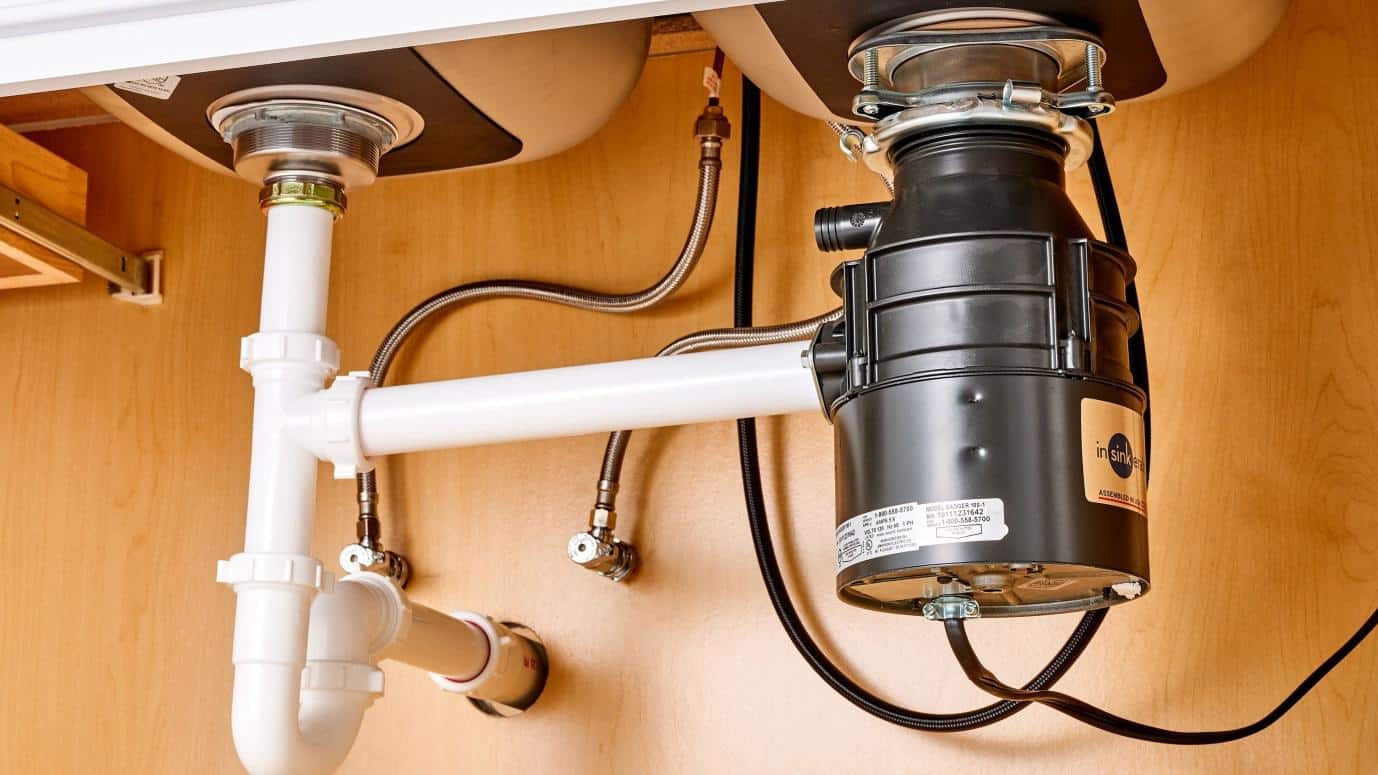 In conclusion, a clogged kitchen sink can indeed affect the functioning of your dishwasher. It's important to regularly maintain your kitchen sink and avoid putting anything down the drain that could potentially cause a clog. By taking preventative measures, you can ensure that both your kitchen sink and dishwasher function smoothly, making your daily chores a lot easier.
In conclusion, a clogged kitchen sink can indeed affect the functioning of your dishwasher. It's important to regularly maintain your kitchen sink and avoid putting anything down the drain that could potentially cause a clog. By taking preventative measures, you can ensure that both your kitchen sink and dishwasher function smoothly, making your daily chores a lot easier.






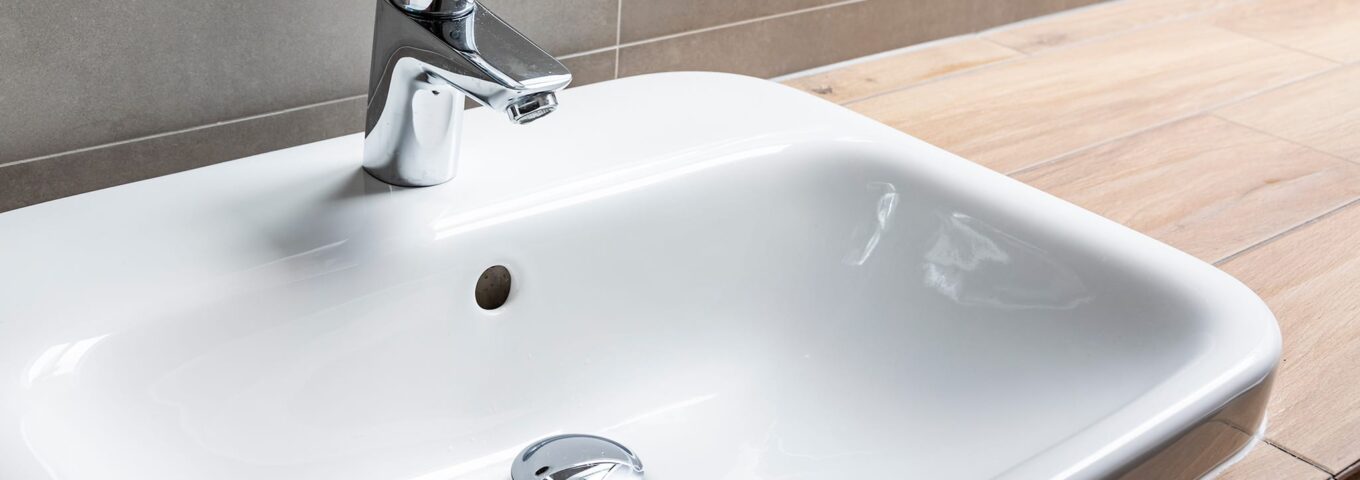







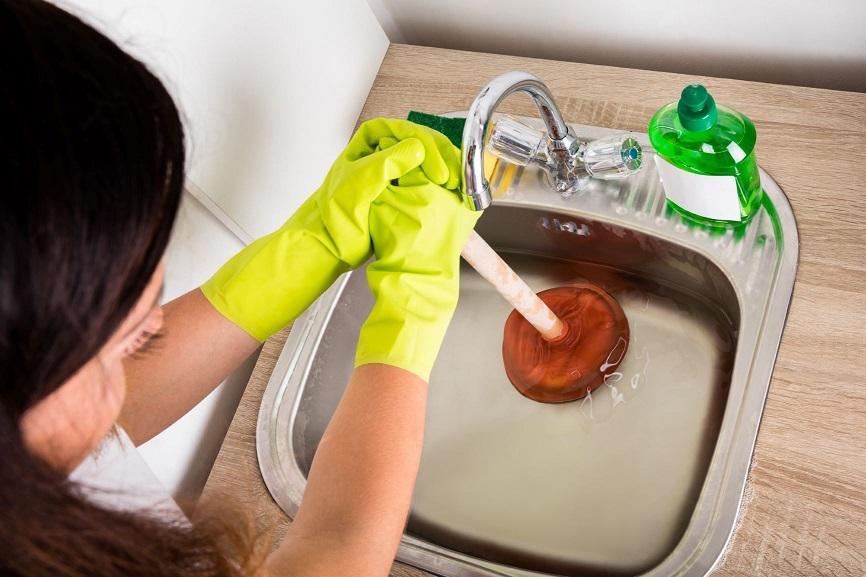

/how-to-install-a-sink-drain-2718789-hero-24e898006ed94c9593a2a268b57989a3.jpg)












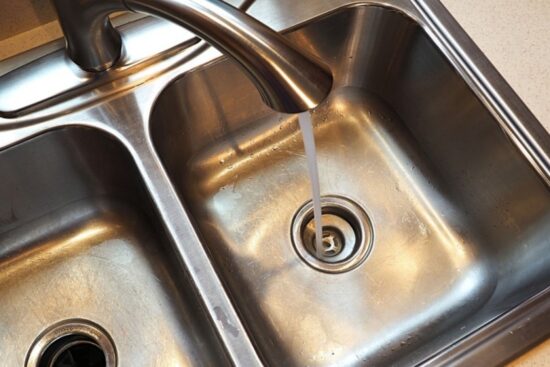








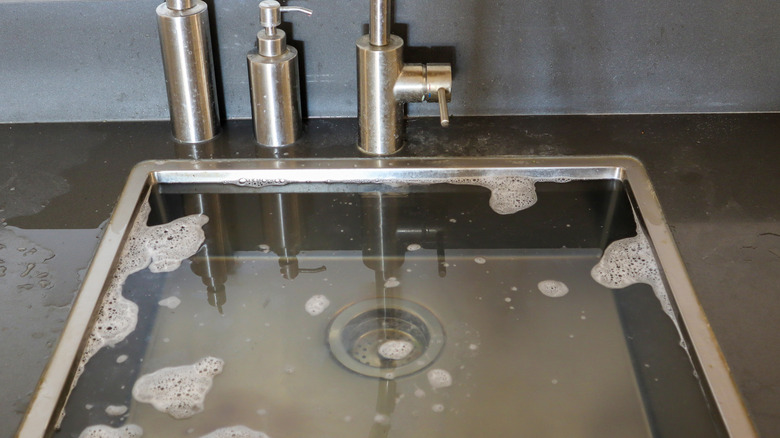



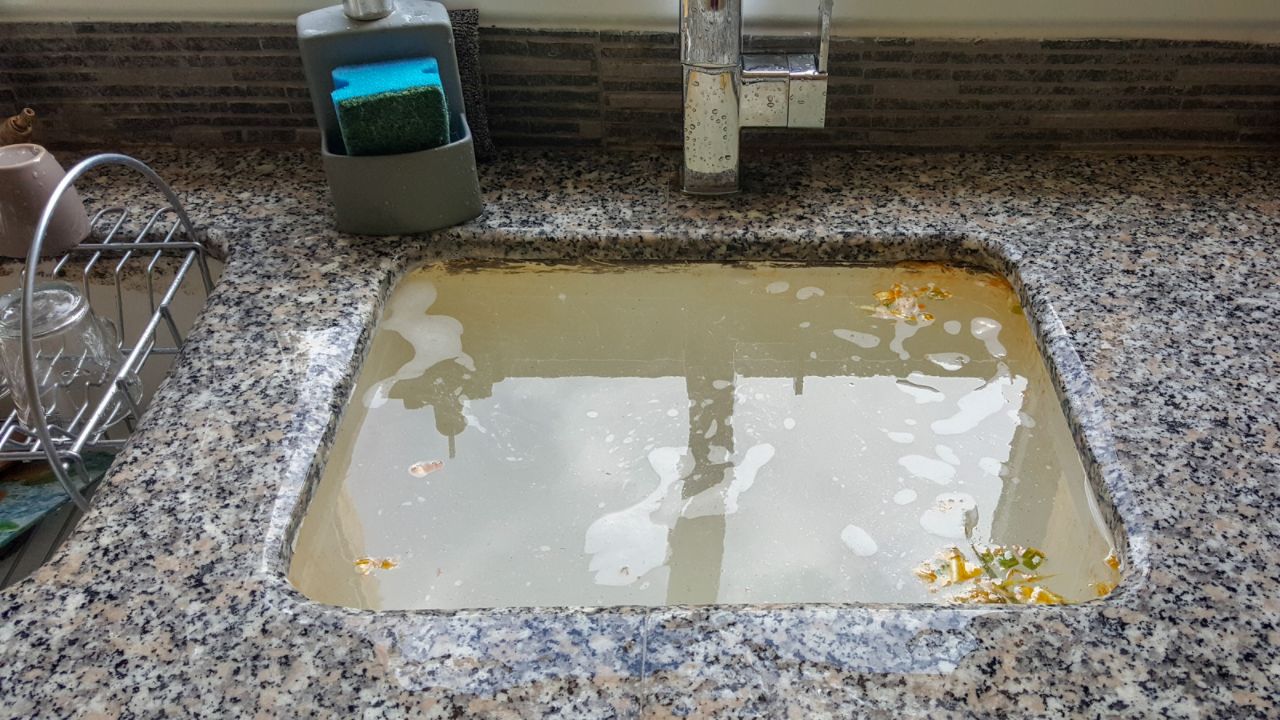

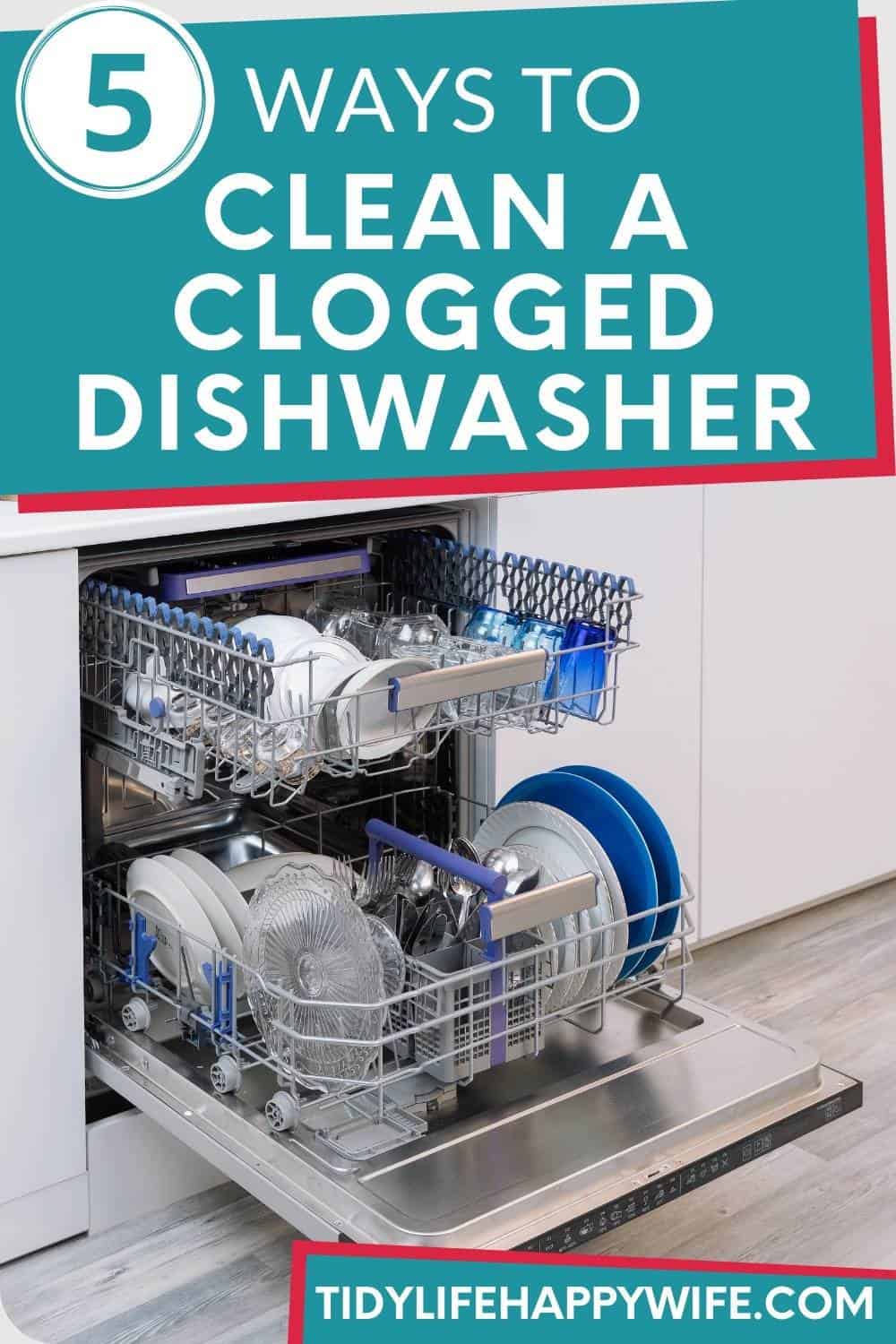
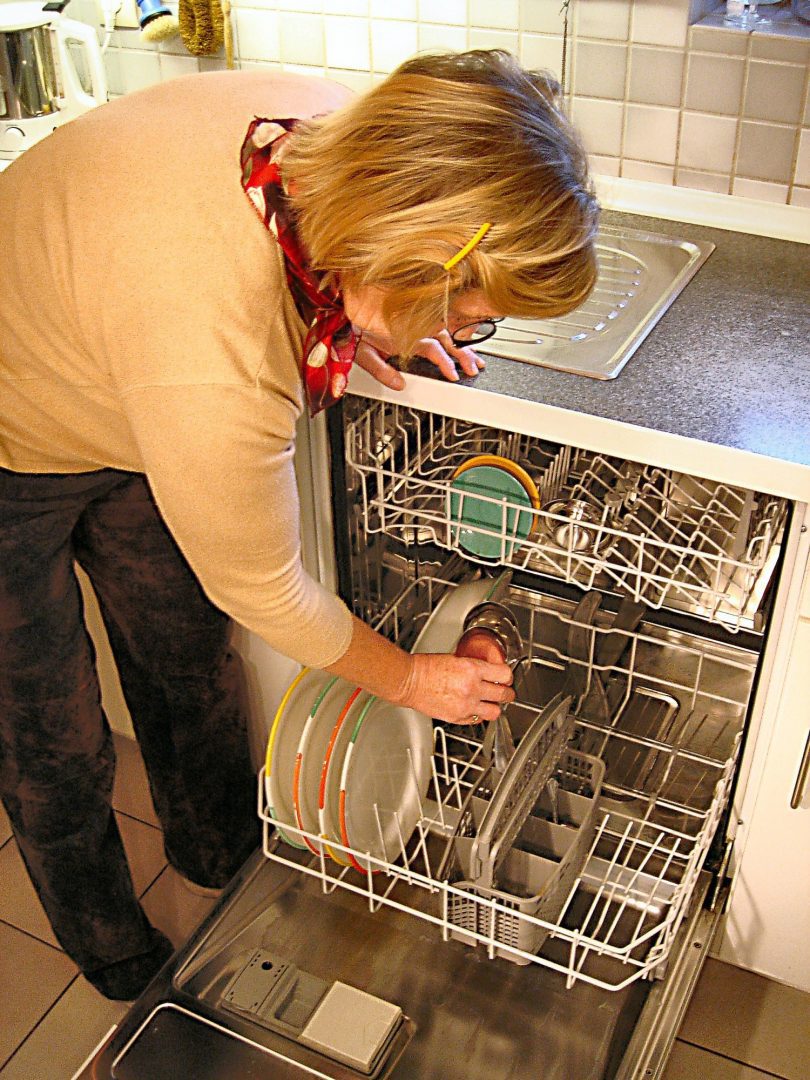

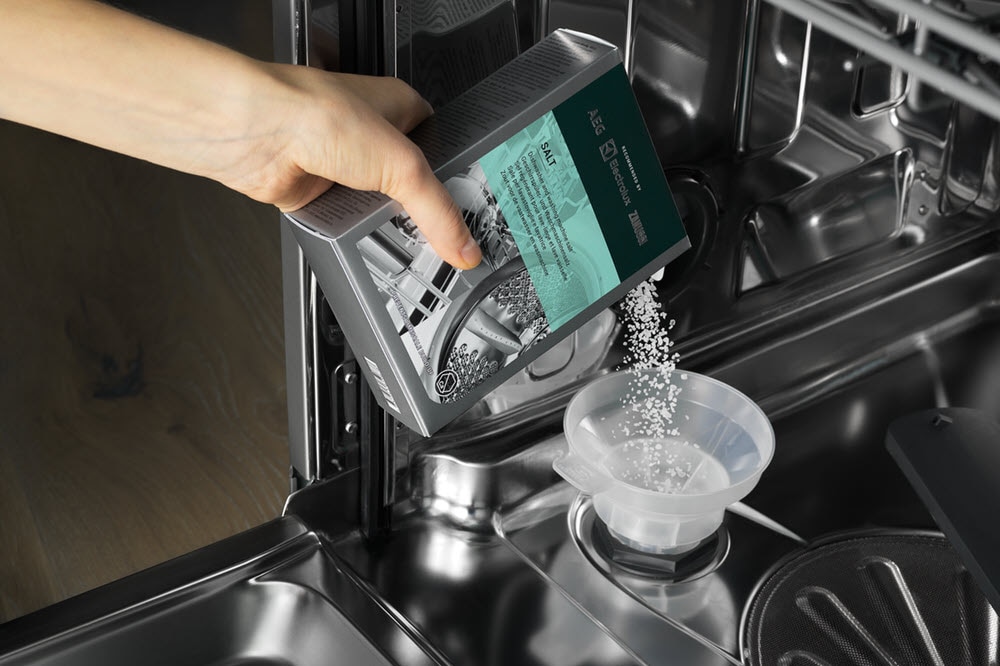
















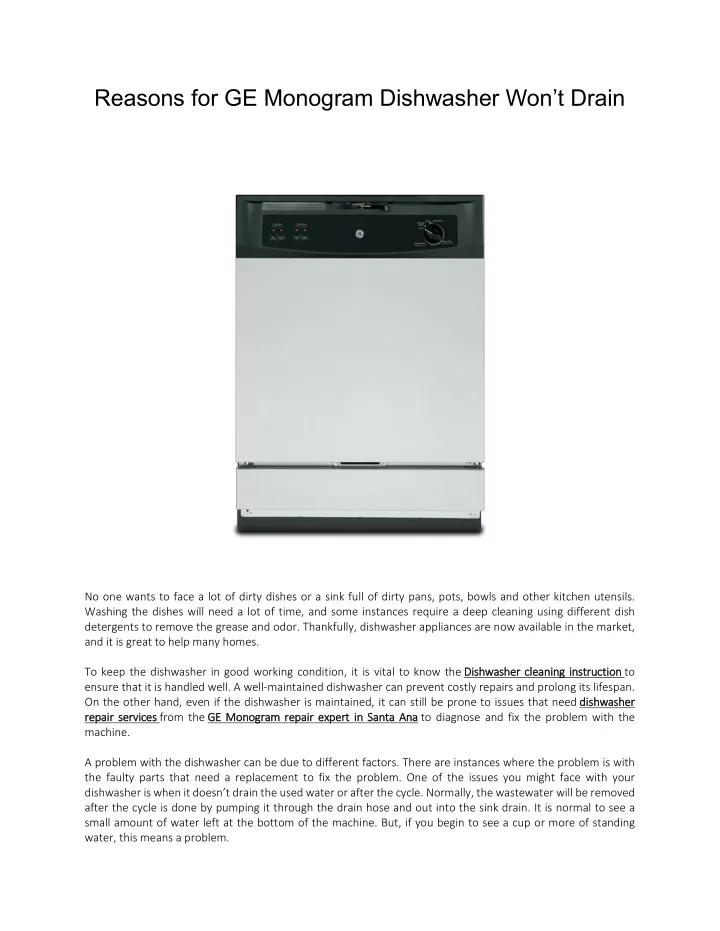
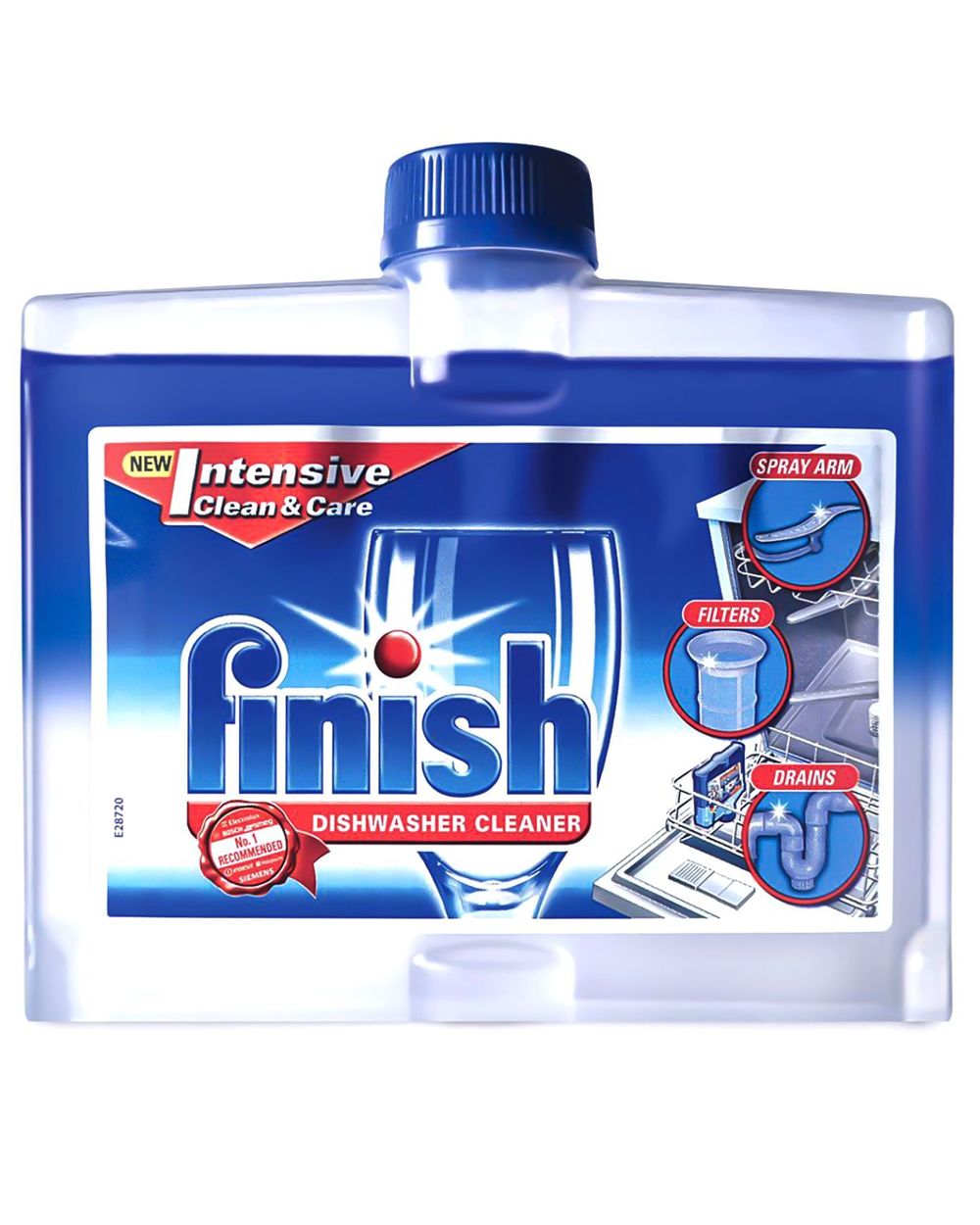

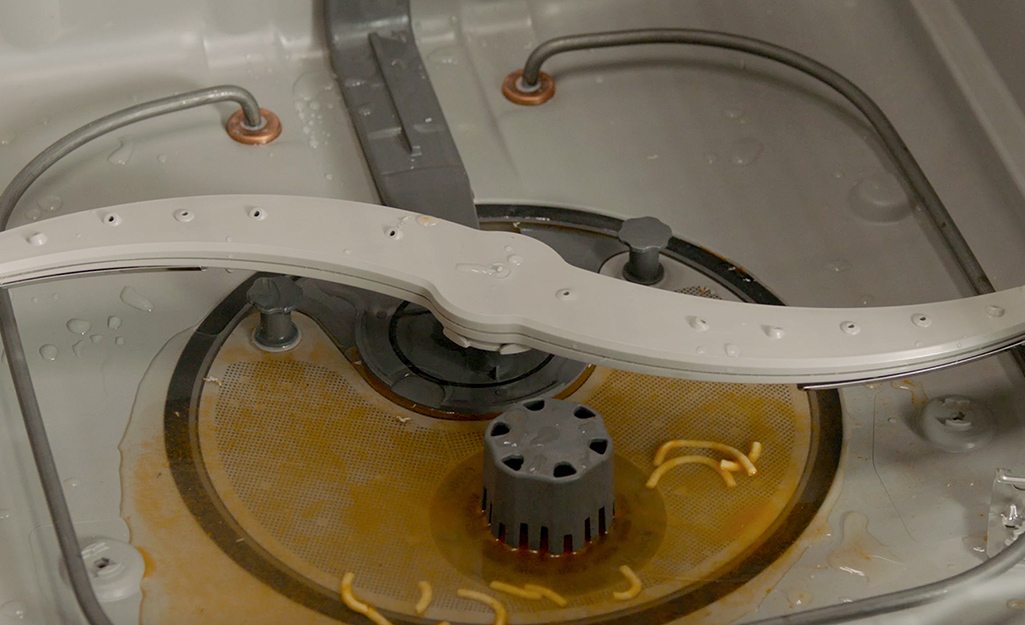





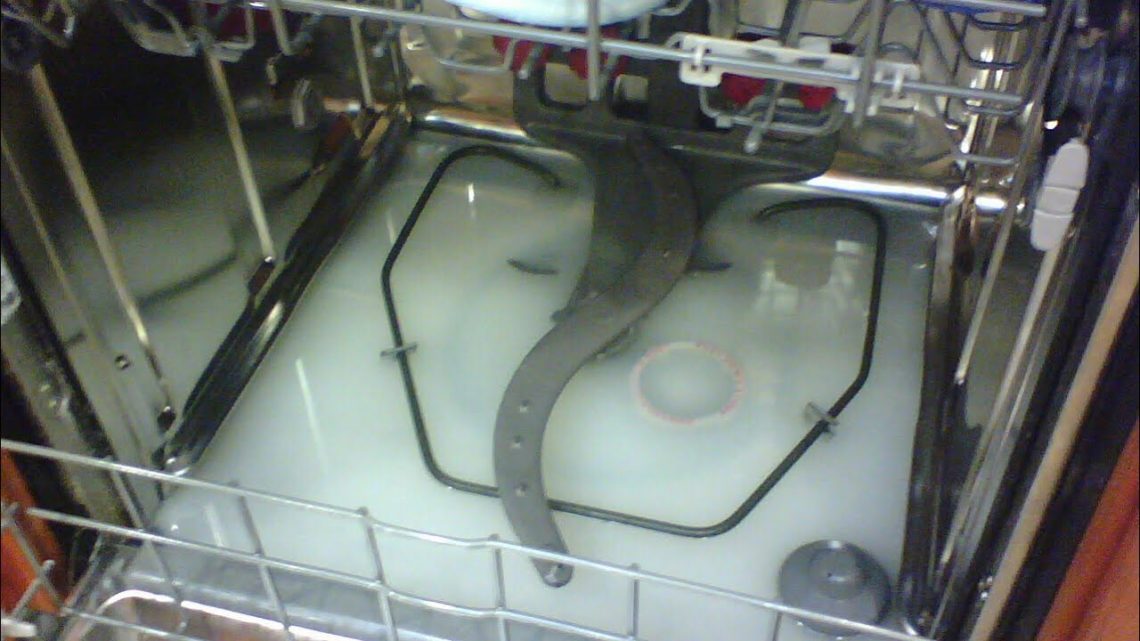

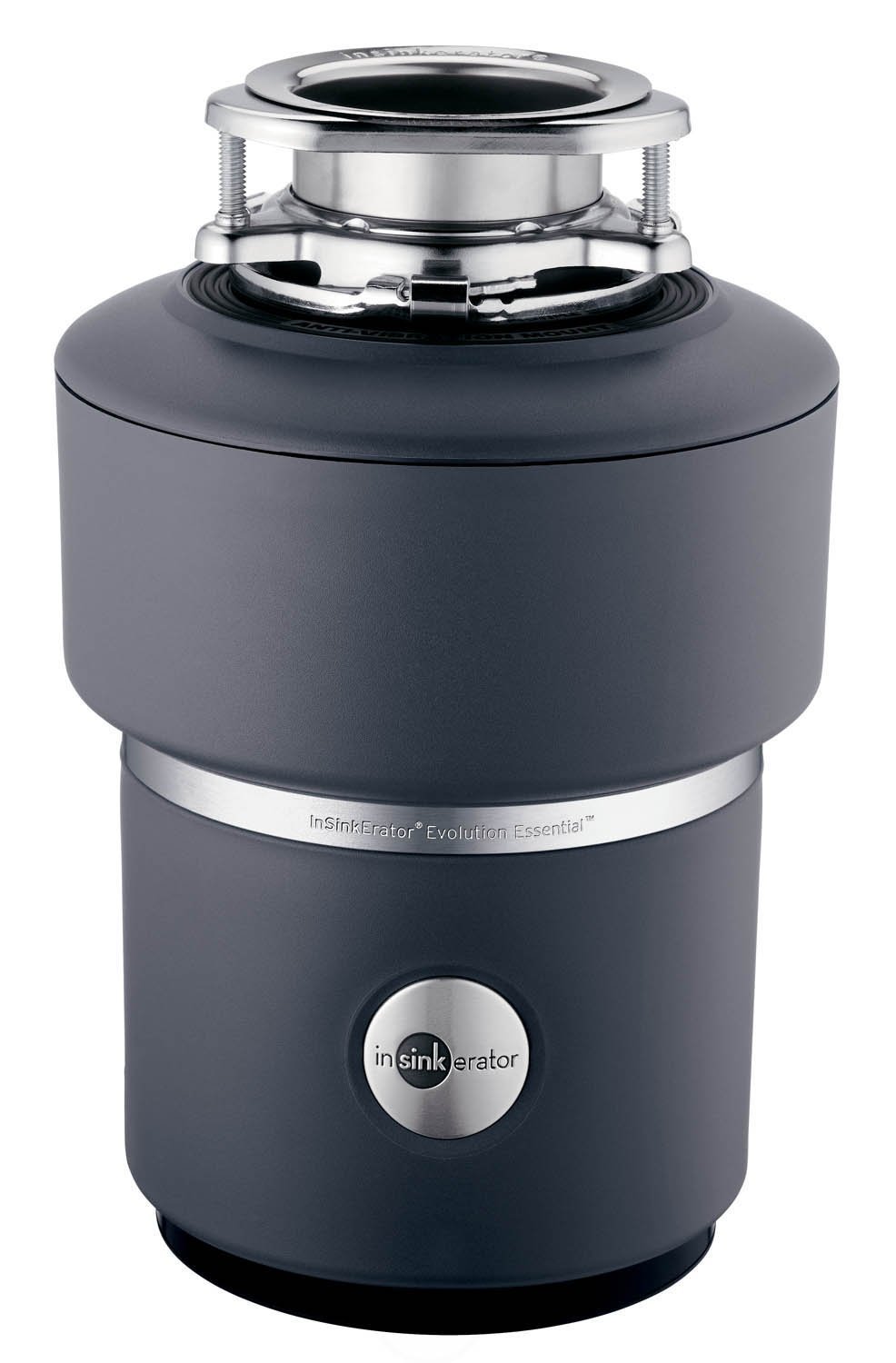

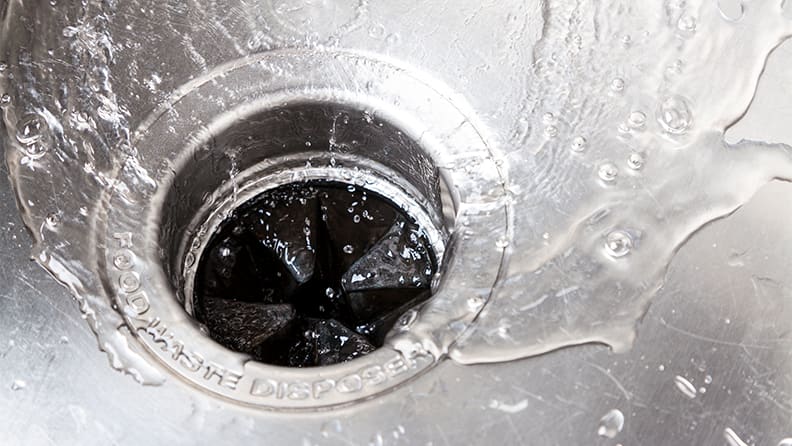
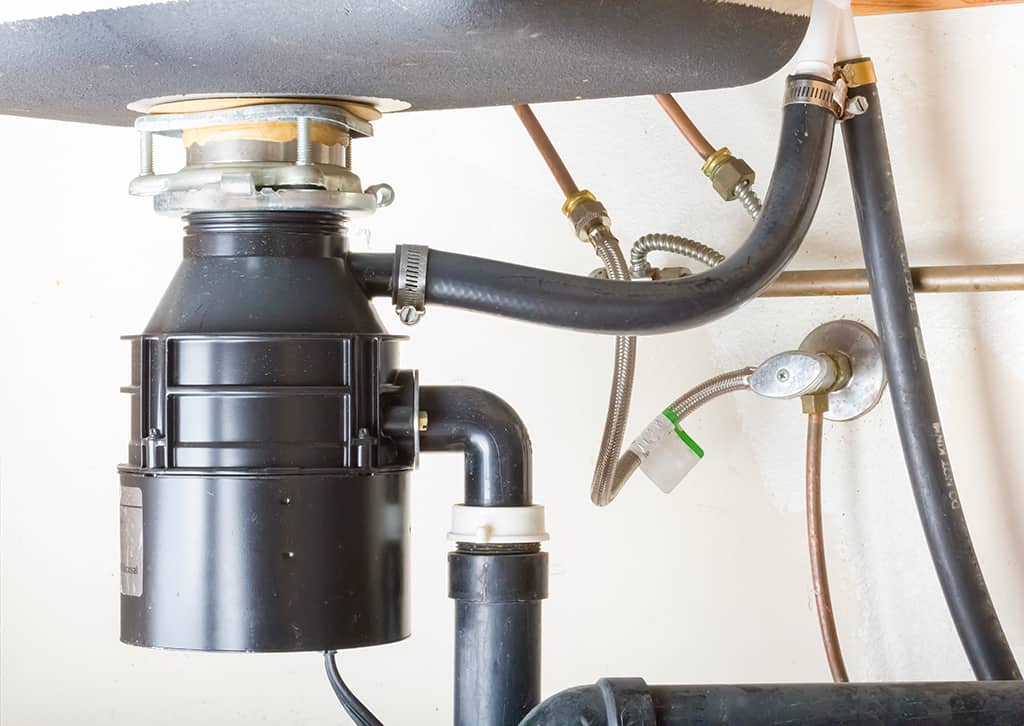


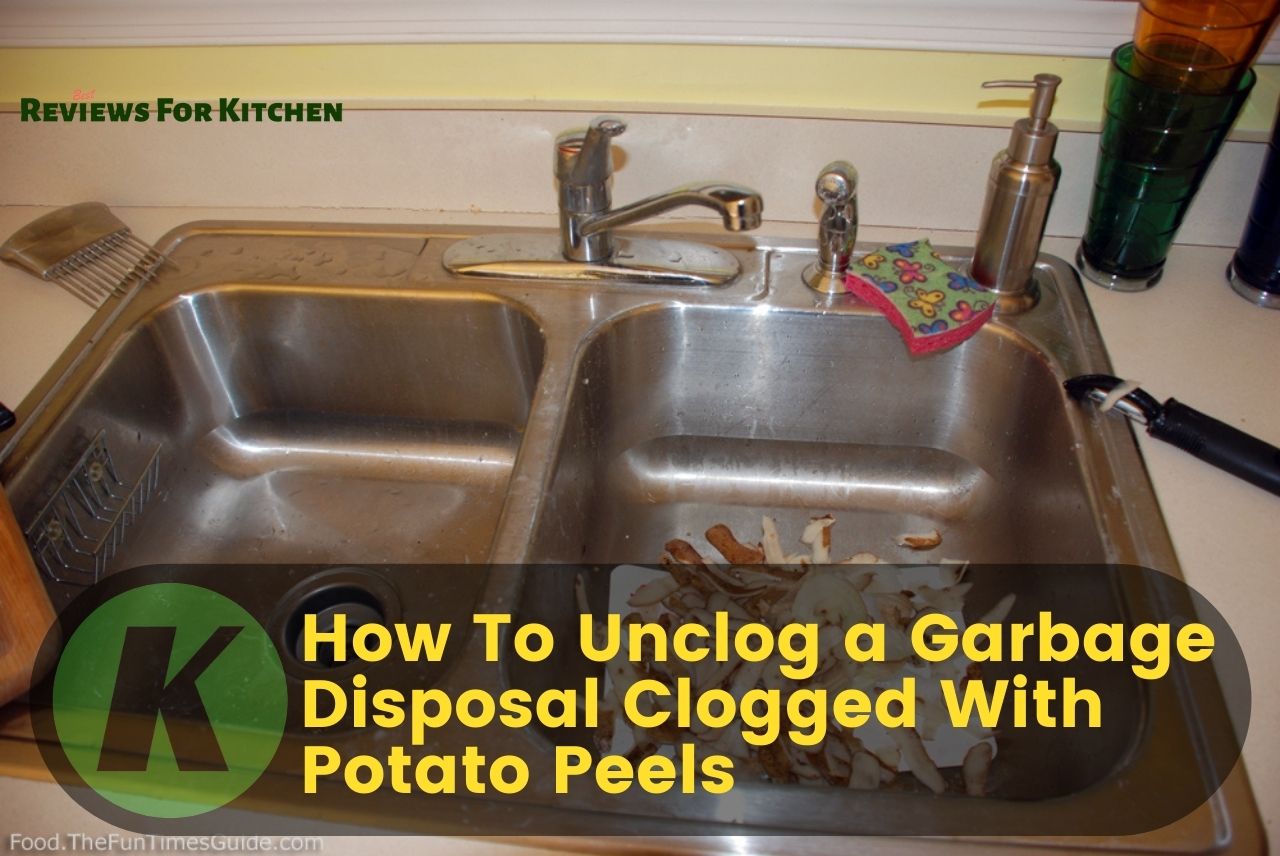

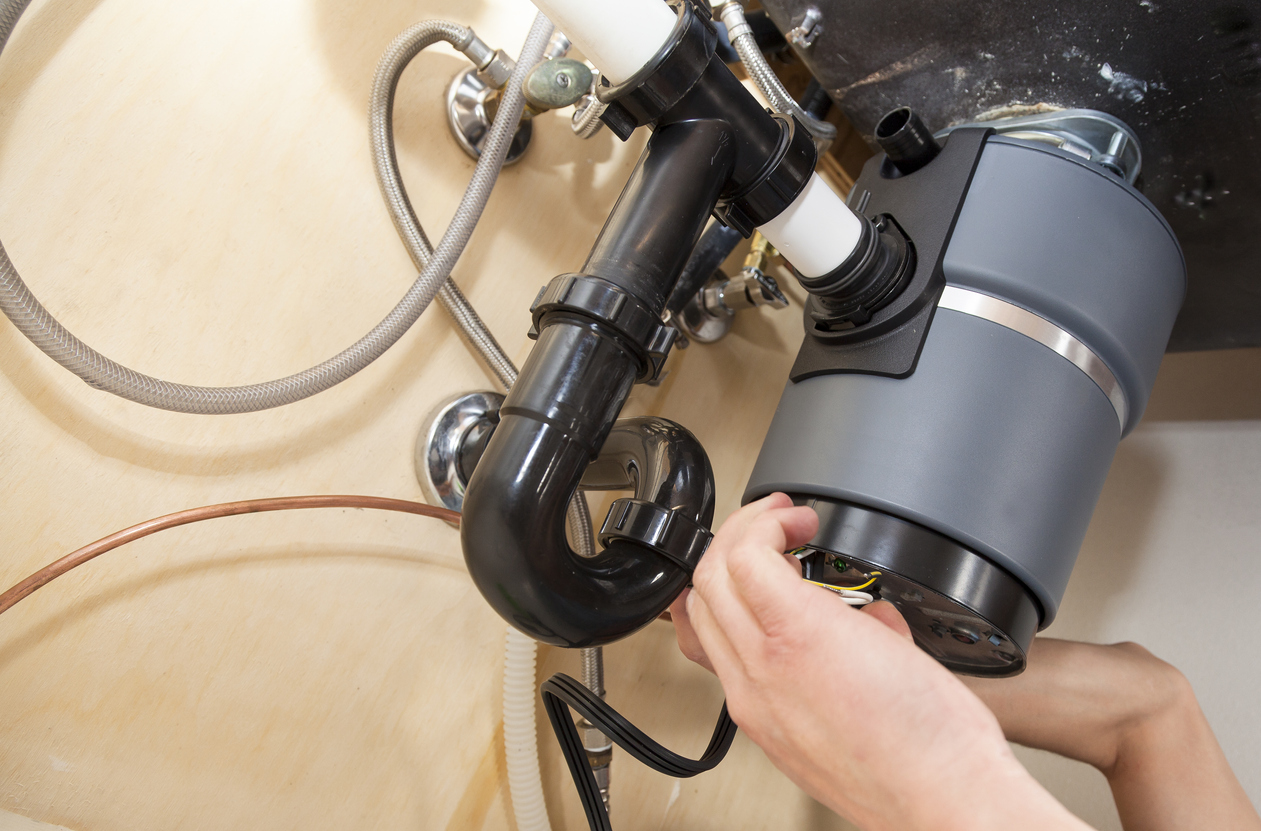




:max_bytes(150000):strip_icc()/Basic-kitchen-sink-types-1821207_color_rev-0b539306b9ef4236a136624ad2a89a4c.jpg)











